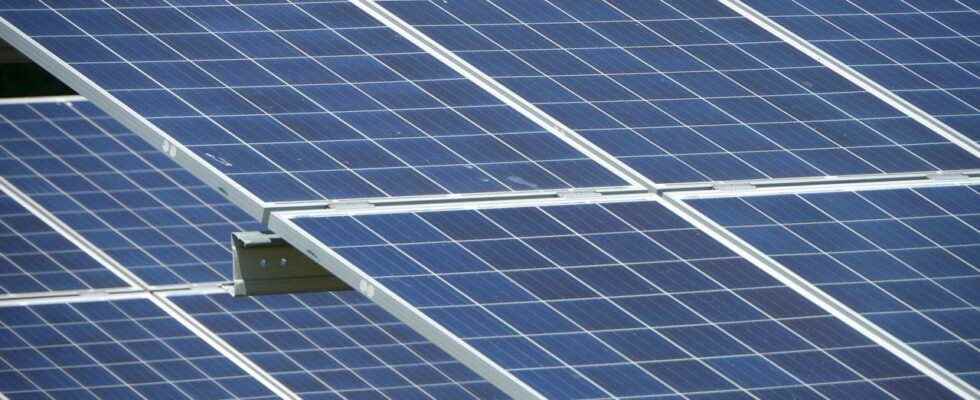(AOF) – Albioma, an independent producer of renewable energies, has finalized the acquisition in Brazil of a portfolio of six photovoltaic power plants for a total installed capacity of 31.6 MW According to the terms of the contract signed with GreenYellow, Albioma becomes the sole shareholder of the companies holding these projects operating within the framework of distributed production with quality counterparties. xcvd
The Brazilian local competition authority (CADE) has approved the transaction without restriction. The contract is subject to other price adjustments and other clauses typical of this type of transaction.
“The acquisition of this portfolio marks Albioma’s entry into solar power in Brazil, an activity with strong growth potential and complementary to its existing assets”, specifies a press release from the group.
AOF – LEARN MORE
Key points
– Producer of renewable energy – biomass and photovoltaic – born in 2013 from successive mergers between Sidec, La Séchilienne and Albioma-Bois Rouge;
– Turnover of €573 million, installed capacity of more than 1 GW and production of 3.6 GWh;
– Billings coming almost 95% from France ahead of Brazil then Turkey, and drawn 70% from renewables (solar, biomass) ahead of coal;
– Business model in 3 points: act for the energy transition in French overseas territories, replacement of coal in thermal production in favor of solar (1
er
solar producer), deploying expertise internationally, particularly in Mauritius and Brazil (bagasse, sugar cane residue);
– Split capital –Impala and COFEPP for 6% each, BPI France and Caisse des dépôts for 5% each, Frédéric Moyne being Chairman and Chief Executive Officer of the 8-member Board of Directors;
– Tense financial situation with a debt ratio of 143% and net debt of €859 million, mainly in project debt, compared to cash of €108 million.
Challenges
– Growth strategy: 600 to 800 M€ of investments in 2021-2025 financed by bank loans / rationalization of the portfolio with the sale of unprofitable activities / 80% of renewable energies in 2023, 90% in 2025 and close to 100% in 2030;
– Power plant optimization innovation strategy: participation in the management of the Demeter Emertec seed fund / partnerships –CEA-Liten, INSA in Toulouse, Transdev in Réunion;
– Environmental strategy: aimed at the primary reduction of polluting emissions – aqueous, gaseous and smoke emissions / supported by partnerships for the protection of biodiversity and the revaluation of combustion by-products / validated by the issuance of a “loan green” remunerated according to key indicators: +80% renewable energies in 2023 in the group’s production and +95% in 2030;
– In Guadeloupe and Reunion, conversion of bagasse/coal facilities to biomass, accelerated by the takeover of the Canadian wood pellet plant at La Granaudière;
– Diversification into geothermal energy after the acquisition of the Turkish Gümüsköy plant and then that of the Turcas Petrol plant;
– Insensitivity of profitability to variations in fuel prices due to contractual indexations and visibility of the activity by the duration -30 years- of the sales contracts.
Challenges
– Negative impact of the depreciation of the Brazilian real;
– In solar power in France, result of negotiations with the authorities on lowering tariffs – estimated impact of €3 million on operating income – and execution of 12 solar power plant projects operational in 2023;
– 2022 objectives of operating profit of between €210 and €220 million, net profit of €52 and €60 million;
– 2021 dividend of €0.84, with option of payment for 50% in new shares.
Threat to the European energy system
The leading importer of German gas, Uniper posts 54% of the volumes it buys from Russia. Following the war in Ukraine, the group had to acquire the volumes it lacked on the spot market, the prices of which had exploded. In difficulty, he requested aid from the German state, which raises concerns for all European energy companies. Nevertheless the German RWE and the French Engie reacted by arguing that their situation was very different. RWE stressed that it was less dependent on Russian gas. As for Engie, it benefits from the diversification of its sources of supply, with an increase in the volumes of LNG delivered in France and contracts with Norway and Algeria. The group has also adapted its hedging strategy to strengthen its resilience.
